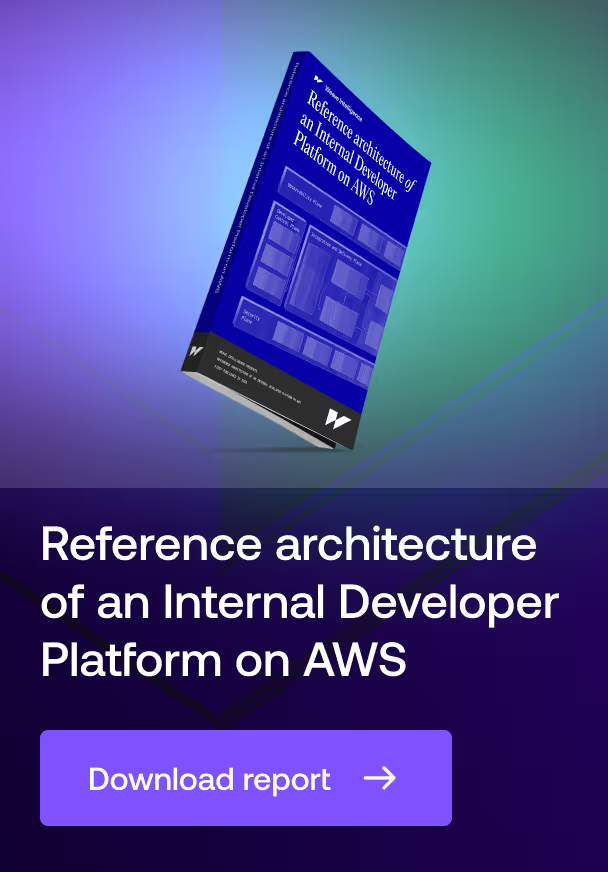Profile
Azure DevOps is Microsoft's integrated platform for managing the complete software development lifecycle. This enterprise-grade solution combines version control, continuous integration/continuous deployment (CI/CD), work tracking, testing, and artifact management in a unified environment. As the evolution of Visual Studio Team Services, it represents a mature, battle-tested platform used by organizations worldwide. Its primary value lies in providing end-to-end traceability and automation across the development process while supporting both cloud and on-premises deployment models.
Focus
Azure DevOps addresses the fundamental challenge of coordinating complex software delivery processes across distributed teams. It eliminates the need to integrate and maintain multiple disconnected tools by providing a cohesive platform where planning, development, testing, and deployment activities occur within a unified ecosystem. The platform serves development teams of all sizes, from small groups to large enterprises, with particular emphasis on organizations requiring robust governance, security controls, and deployment flexibility. Its core strength lies in enabling automated, repeatable processes while maintaining visibility and traceability throughout the development lifecycle.
Background
Azure DevOps emerged from Microsoft's Team Foundation Server (TFS), which was first released in 2005. The platform evolved through Visual Studio Team Services before being rebranded as Azure DevOps, reflecting its expansion beyond traditional Microsoft-centric development. Microsoft maintains the platform through its Developer Division, with development teams distributed globally across major technical centers. The platform follows a dual development model: Azure DevOps Services receives continuous updates in the cloud, while Azure DevOps Server provides periodic releases for on-premises deployments.
Main features
Integrated pipeline automation and deployment orchestration
Azure Pipelines provides comprehensive CI/CD capabilities through YAML-based pipeline definitions that live alongside application code. The system supports multiple agent types including Microsoft-hosted, self-hosted, and managed pools, enabling organizations to balance convenience with control. Pipeline definitions can incorporate any build tool or deployment target, supporting both traditional and cloud-native applications. The infrastructure-as-code approach ensures deployment processes remain versioned, repeatable, and auditable while supporting complex scenarios like multi-stage deployments and environment-specific configurations.
Enterprise-grade version control and code management
Azure Repos delivers scalable version control supporting both Git and Team Foundation Version Control protocols. The system implements advanced branch policies, pull request workflows, and code review tools while maintaining deep integration with work tracking. Organizations can enforce quality gates through branch protection rules that require successful builds, code reviews, and work item links before allowing merges. The platform handles enterprise-scale requirements with support for large file storage, repository hierarchies, and granular permissions.
Comprehensive work tracking and process management
Azure Boards provides flexible work management through customizable Kanban boards, backlogs, and sprint planning tools. The system supports multiple process templates including Agile, Scrum, and CMMI, while allowing organizations to tailor workflows to their specific needs. Teams can implement hierarchical work item relationships, custom fields, and automated state transitions while maintaining traceability between requirements, code changes, builds, and deployments. The platform includes portfolio management capabilities for coordinating work across multiple teams and projects.






